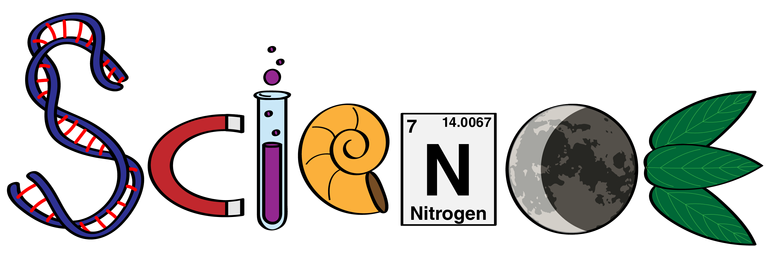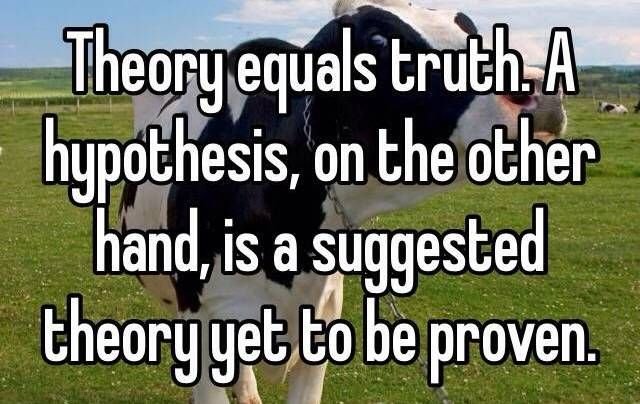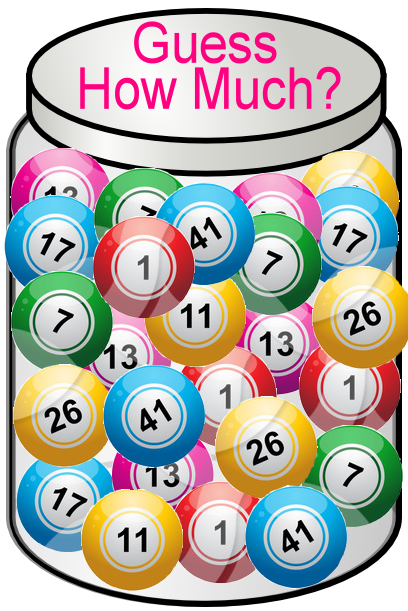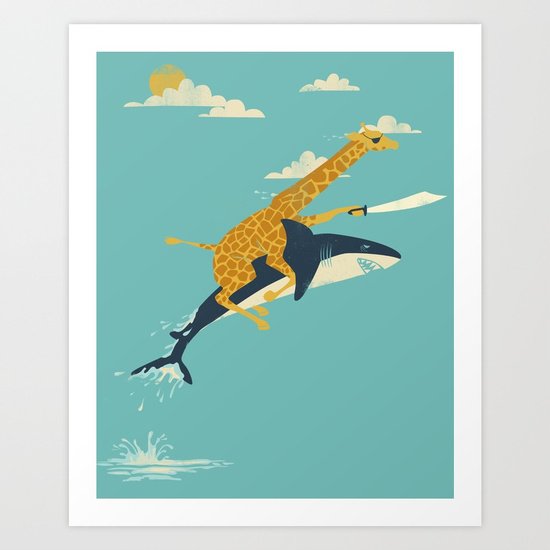Since grade school, there is one word that always shows up in science class: hypothesis. We learned what hypotheses are through learning about the scientific method. The scientific method uses hypotheses, or educated guesses,as an essential component of the process of experimenting and testing new ideas and concepts. Scientists and other humans start either with an overarching, macro hypothesis like testing one of Earth's forces, or a specific, micro hypothesis like the exact time to post on Steemit.

And now this is where us humans and our reliance on using words to convey our messages comes in.
Well-tested hypotheses, or theories as humans call them, like Spontaneous Generation in Biology, the Caloric Theory in Chemistry, Aristotelian Physics, the Geocentric Universe Theory in Astronomy, and the Open Polar Sea Theory in Geography have all been disproved by scientists work. Scientists build upon previous work and these "well-tested hypothesis" called theories are deemed disproven.
So why is there still a distinction between the word theory and hypothesis anymore?
Hasn't all the thousands of disproven well-tested hypotheses called theories, been enough evidence that the words theory and hypothesis mean the same thing. They are two words spelled differently but convey the same message as our history shows us.

This leads me to what is science?
We have been taught that science is made up of theories and hypotheses. But for whatever reason we have chosen to ignore all the numerical data and still maintain a distinction between these two words: theory and hypothesis.
A theory has credibility. A hypothesis does not.
A theory is truth. A hypothesis is not.
A theory has history. A hypothesis is unproven.
This is the current way most humans think about science. But as you just read, us as a society has evolved to realize that theories can be disproven no matter how badly we believe in them at the time. And that educated guesses, or hypotheses, are basically the same thing as well-tested guesses, or theories.
There is no need for the distinction between the words anymore.
This again leads me back to what is science.
At this current moment in the universe's evolution, the word science represents a collection of well-tested guesses, or theories.
Well-tested...
...guesses.

Remember the last time you guessed the number of M&M's in that candy jar to try and win a prize.
Remember when you tried to guess the name of that person you just met two minutes ago but forget already.
Remember you when you guessed what kind of Christmas present your significant other wanted?
As you know sometimes these guesses work out and sometimes they don't. But that's the nature of guesses. Sometimes they are correct, and sometimes they are false.
So what is science?
Science is a theory and a hypothesis.
Logically speaking this makes science humanity's best guess of explaining what we see and don't see in this reality.
It's the culmination of us humans' well-tested guesses, or theories, or hypotheses. They all mean the same thing now as history proves.
So just like how you scan the jar and try and do your research on how many M&Ms are in that candy jar before you make an educated guess.
You should really do your research into any scientific theories you hold to be 100% without a doubt true. Because as this article and history shows, the word theory and hypothesis mean the same thing now. They both can be right and they both can be wrong.
My hope with this post is it will encourage you to critically think on your own instead of reliance of others. Find half-truths in everything and go with your gut instinct no matter what is true in society's today. Because if there is one thing we know, history proves what is held as truth in humanity over time has been proved a disproven so many times it is hard to keep up.

Thank you as always for your time and attention.
Image Sources:
- https://scijinks.gov/science/
- http://wis.pr/whisper/0515adb66a1e1e4866228fcee41363a155c44b/Theory-equals-truth-A-hypothesis-on-the-other-hand-is-a-suggested-th
- http://hotbuysbazaar.blogspot.com/2011/02/guess-how-much.html
- https://society6.com/prints/animals/humor/illustration

Love the article. Made a good point between theory and hypothesis
Thank you sir really appreciate you time and attention. Namaste :)
Love your articles my friend. Think before you write. I like it! See you soon. 🐓🐓
Pretty cool way you spelled out science. Mind if I ask what software app you used for that? Or was it art? Thanks 🐓🐓
I actually got it from an image source. It's at the bottom of the post for ya :)
But right it is so cool I had to use it thank you universe
Awe thanks my friend! You are the best! Pushing the limits to do good works for all. 🐓🐓
You are so welcome. Your positive energy really radiates and resonates with me. Freakin love it. Made my morning thank you again keep doing great things :)
Thank you so much, really appreciate you words means so much to me
Just because past theories have been proven wrong, doesn't make them equivalent to hypotheses. Theories are hypotheses that have undergone repeated empirical testing via a statistically significant methodology. As our scientific knowledge grows, the more certain we can be in our current theories. But that's the great thing about science. If a theory is wrong, we replace it.
I am more referring to the words theory and hypothesis and used this as a way to frame it. If anything what you just said reinforced what I was talking about buddy.
Appreciate your time and attention
I think one of the problems with the words is that "theory" gets used where "hypothesis" should be being used. I'm thinking mainly of things in cosmology like String "Theory" and M-Theory. Sure, string theory is mathematically possible, but mathematics isn't empirical evidence. These things really don't warrant the classification of "theory", and basically serve to cheapen the value of the term. And this opens the door for people who say things like "Evolution is only a theory". Like that is pejorative. A theory is as close to truth as you will get outside of logic and mathematics.
Literally Exactly the point of the article my friend. Staying tuned to your article about it. We got this :)